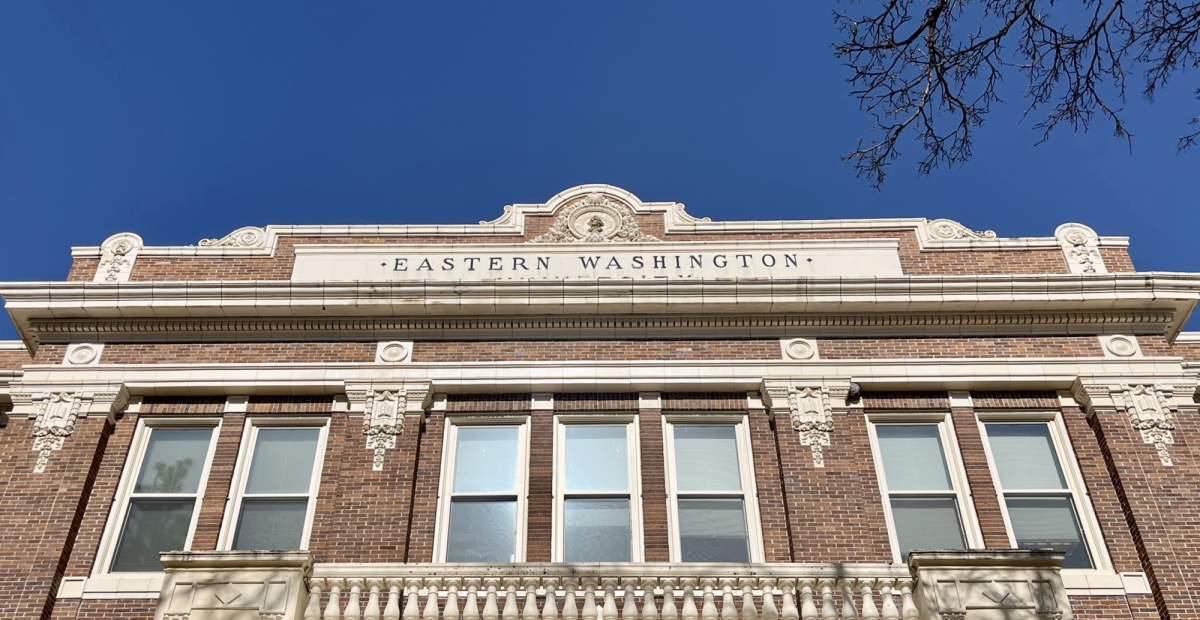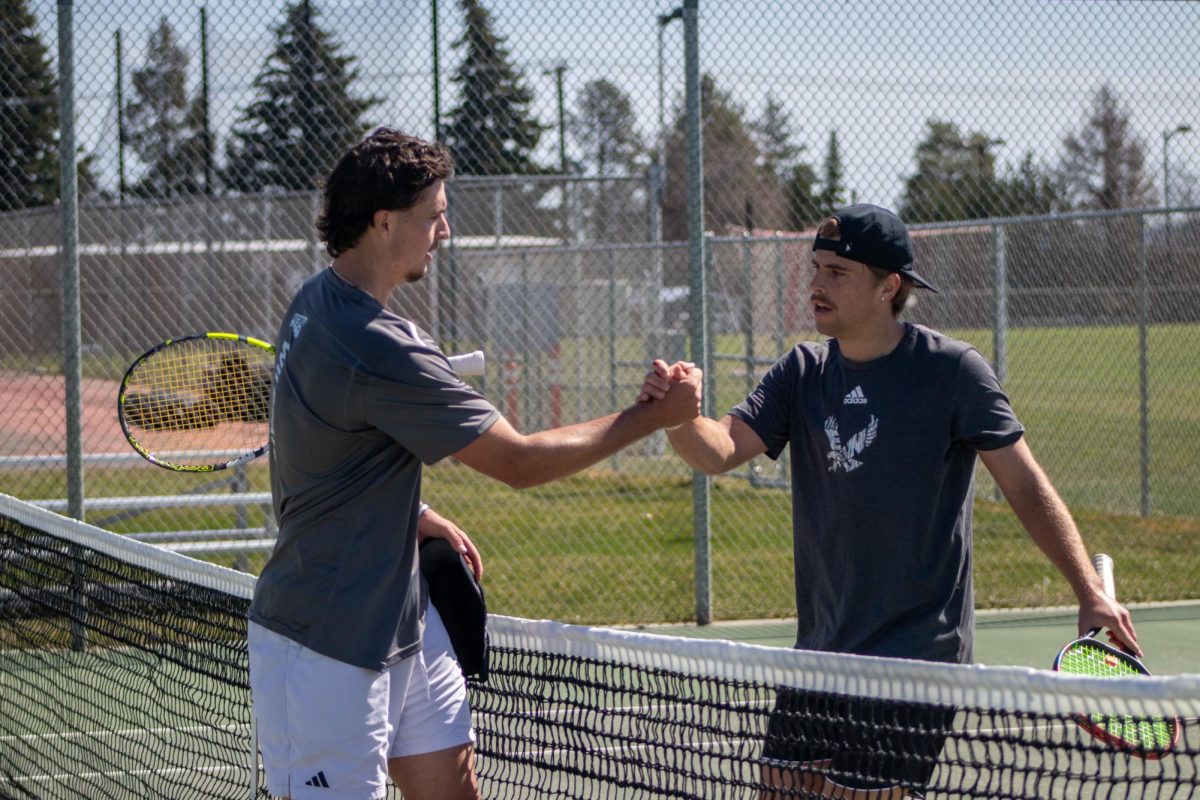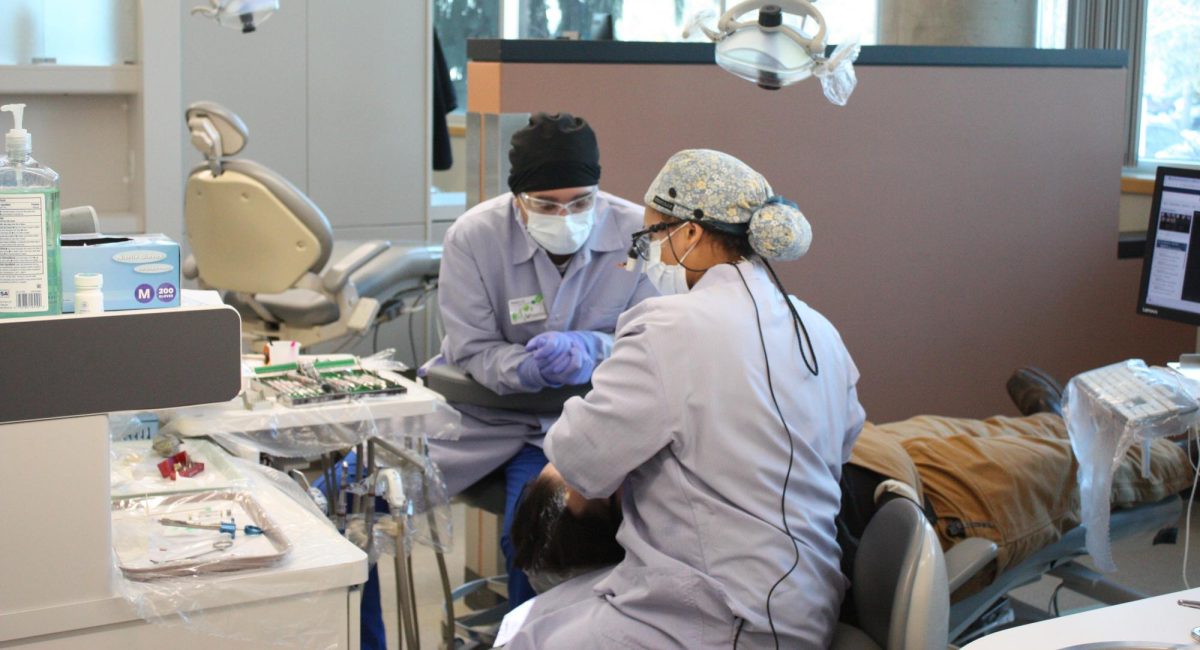Wave of sexual assault allegations can lead to lasting change
November 16, 2017
America’s sexual assault epidemic is here, and probably long, long overdue.
We have seen it plastered over the news and on our social media feeds, allegation after allegation of some of the most well-known names in film, politics and even journalism. From actor Kevin Spacey, to United States Senate candidate Roy Moore, to NBC News contributor Mark Halperin, a wave of allegations against men holding powerful positions has swept across and engulfed our country, from Hollywood, California, to Gadsden, Alabama.
But these allegations are anything but new, with many of the victims having waited several decades before publicly announcing that they had been sexually assaulted or harassed by some of the biggest names in American society.
Leigh Corfman, now 53, waited nearly four decades before alleging that Roy Moore, now a candidate for the United States Senate in Alabama, initiated a sexual encounter with her when she was 14 and Moore was 32.
Actor Anthony Rapp waited over three decades before accusing Kevin Spacey of making a sexual advance towards him alone in Spacey’s apartment when Rapp was 14 and Spacey was 26.
Two women waited nearly two decades before separately alleging that NPR’s top news editor Michael Oreskes—who at the time was the Washington, D.C. bureau chief for the New York Times—abruptly kissed them on the lips and stuck his tongue in their mouths after discussing their job prospects.
So why are the floodgates only now just opening?
Corfman said she almost came out with her allegations against Moore publicly in 2000, during his first campaign for Alabama’s Supreme Court, but decided against it because her two children were still in school and she was worried how it would affect them.
“All I know is that I can’t sit back and let this continue, let him continue without the mask being removed,” Corfman said to the Washington Post.
Rapp said to Buzzfeed that he decided to come forward with his allegations “to try to shine another light on the decades of behavior that have been allowed to continue because many people, including myself, being silent. … I’m feeling really awake to the moment that we’re living in, and I’m hopeful that this can make a difference.”
The two women who alleged Oreskes of sexual misconduct said that they believed their prospects of working at the New York Times would be threatened if they had made complaints at the time. They told the Washington Post that they were motivated to come forward now because of NPR’s coverage of the various high-profile sexual assault allegations.
“The idea that he’s in charge of that coverage is just so hypocritical to me,” one of the women said.
This recent and unprecedented rush of allegations seemingly started when lauded film producer and Hollywood heavyweight Harvey Weinstein was revealed by the New York Times to have paid off women who accused him of sexual harassment for decades. Following this report, which led to Weinstein being fired from the board of the Weinstein Company, dozens of women have since come forward to tell their story about sexual harassment and assault.
The men accused of these heinous actions stretch across ideological, racial and generational lines. There is no simple explanation as to why they’ve allegedly committed these acts, other than that our society bred them to act this way and has tolerated it for decades.
From presidents, to comedians, to high-powered executives, those who have been accused and even convicted of crimes are still able to prosper after the fact. And it needs to change. As Americans, our country will be better—and safer—off by fostering a community that welcomes sexual abuse survivors and their stories with open, accepting and nonjudgmental arms.
That means listening to their account without immediately trying to discredit it because the alleged assailant is your favorite actor, or an anchor on your favorite cable news show, or identifies with the same political party as you. That means being there for a friend if they confide in telling their story to you, because it means that they think they can trust you with vulnerable and sensitive information. That means helping them through the process—especially if the event has just happened—by taking them to a hospital, notifying law enforcement and providing resources from outside groups.
In his defense — which has lacked any credible refutation — Moore questioned the actions of the individuals accusing him.
“To think grown women would wait 40 years before a general election to bring charges is unbelievable,” Moore said at an event in Alabama over the weekend. Moore later added, “Isn’t it strange after 40 years of constant investigation, that people have waited four weeks before a general election to bring their complaint? That’s not a coincidence.”
And that line of thinking is why there is a “culture of silence” in today’s society. There is a reason why victims of sexual assault fear coming forward with their stories — fear of retaliation, backlash and scrutiny surface. Your credibility is attacked and your reputation is questioned when one decides to talk about what happened to them. The question of “why now?” immediately dismisses the claims being made and instead shifts the focus on the victim themselves. By asking this, the victim is then forced to go on the defensive and has the credibility of their accusation(s) discredited.
Thus creating this environment where “it is believed that only 15.8 to 35 percent of all sexual assaults are reported to the police,” that according to the Maryland Coalition Against Sexual Assault.
Living in a world with that kind of statistic paints a bleak picture of humanity. Scores of individuals are too afraid to come forward with their stories of assault. And that is something we as a society need to work together to help eradicate. No longer should anybody be scared to talk about what happened.
So if you are asking “why now?,” you need to reframe your questioning. You are a part of the problem.
The only sexual assaults that get publicized are ones that involve prominent individuals. According to RAINN, an anti-sexual violence organization, one American is sexually assaulted every 98 seconds, and nearly 900 Americans are sexually assaulted every day. These are family members and friends, fellow students in our classes, co-workers at our jobs, and members of our community. They are hurting more than we can imagine, and by making the decision to be there for them unconditionally without judgment, we can bring about serious and positive change.







